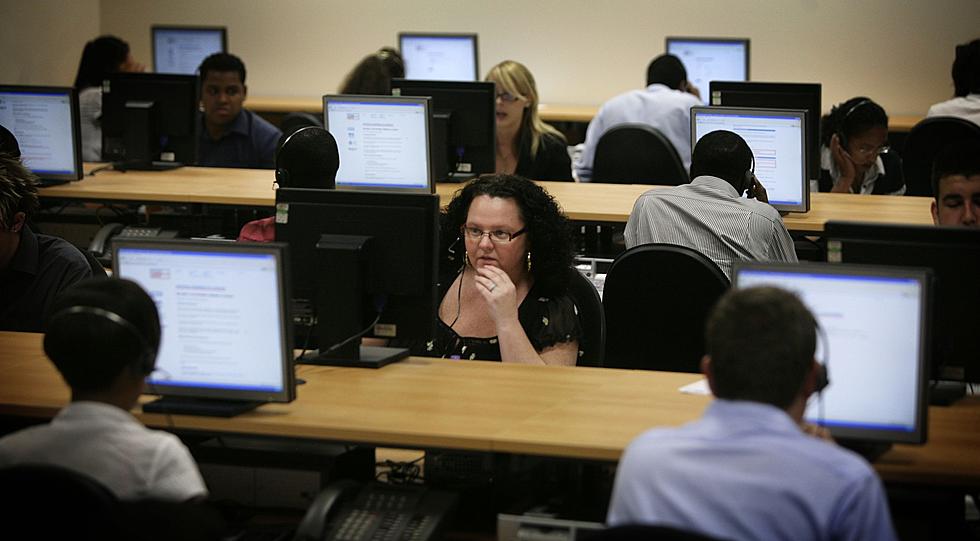
15 Years Later: How Music Was Affected by the September 11 Attacks
It's a day that will forever cast a shadow in American history, but Sept. 11, 2001 started seemingly just like any other late-summer Tuesday — including a fresh batch of would-be hits arriving on neighborhood record store shelves.
While the cultural impact of the infamous attacks that define that fateful day is obviously less critical than the horrible death toll they left in their wake, it's still interesting, with the benefit of hindsight, to look back on the ways in which they affected albums released on Sept. 11 — as well as before and after.
As noted by the Village Voice, Sept. 11, 2001 was a major release day for new records from a variety of high-profile artists, including Jay-Z, Mariah Carey, and Bob Dylan — none of whom saw their critical or commercial trajectories altered appreciably by the attacks. For other acts, however, the events of the day triggered immediate changes.
Dream Theater, for example, made the decision to recall and alter the cover of their new concert album, Live Scenes From New York, whose original artwork featured the city in flames. Bush, then prepping the release of their fourth album Golden State, scrambled to change its original cover — which depicted a plane soaring through the sky — as well as its leadoff single, which underwent a last-minute name change from "Speed Kills" to "The People That We Love."
"Since the song is one of love, appreciation and rising against adversity, we hope that this change will reflect our desire to be part of the soothing that art brings at these times," explained the band in a statement. "We are extremely grateful for the support which the radio community has already given our new music and our hearts go out to our many American friends during this extremely difficult time. Let the music heal."
Those sentiments were echoed in post-9/11 moves made by a handful of acts. The Dave Matthews Band pulled the presumptive pick for the next single from its Everyday album, asking DJs not to play the album track "When the World Ends" and instead shifting promotional weight to the title cut. Jimmy Eat World retitled its then-current Bleed American LP, making it a self-titled effort, and the Strokes pulled one track, the derisive "New York City Cops," off their Is This It album, swapping it out for the fresh cut "When It Started."
They were hardly alone. As MTV reported 10 days after the attacks, those decisions were just part of an overall attempt to offer palliative rather than provocative entertainment in the wake of an event that left millions shaken. Sheryl Crow told the network that after 9/11, she'd decided not to release a song about a lack of modern-day heroes, explaining, "I feel differently about all that now after what we've seen."
Perhaps most infamously, rap duo the Coup had lined up cover art for their next album, Party Music, that depicted the members seeming to blow up the World Trade Center — which was quickly scrapped and replaced with a far less confrontational image of a martini glass. But amid those acts of self-censorship, allegations of corporate or politically motivated musical bans quickly surfaced.
The Hollywood Reporter later noted that more than 150 songs were deemed "lyrically questionable" by management at the radio powerhouse Clear Channel — a wide-ranging list that targeted everything from Dylan's "Knockin' on Heaven's Door" to Matthews' "Crash Into Me" and Billy Joel's "Only the Good Die Young." Although the company later clarified that the list was the result of a well-meaning memo that snowballed and was never meant to be an edict, that rush to avoid offending — and unspoken mandate to remain in lockstep during a time of war — would continue to have chilling effects in the years to come.
In the days and weeks surrounding Sept. 11, however, the aim was mainly to comfort. Sting, in Italy to record his All This Time live album on the day the attacks occurred, admitted from the stage that the show "simply can't be a joyous occasion" — and although the record was released as planned that November, the CD and film present a night of somber reflection rather than celebration. Radiohead, performing in Berlin that same night, also addressed the crowd, apologizing for the way "things are a little bit mute tonight" in the wake of the tragedy.
The aftershocks of 9/11 were later felt in a widening circle of songs inspired by the attacks — a list that, as time goes on, will inevitably continue to grow. But music was arguably affected — and affecting — most in the concert tributes that came together in the days immediately after, featuring artists uniting across genre lines to help heal listeners and raise funds. There was more than enough time for analysis, argument, and commentary later — in those early moments, our favorite artists called to the better angels of our nature simply by coming together to play.
More From Mix 104.3

![[UPDATED] Twin Beams Will Shine ON 9/11 After All](http://townsquare.media/site/341/files/2020/08/GettyImages-1167433605.jpg?w=980&q=75)








